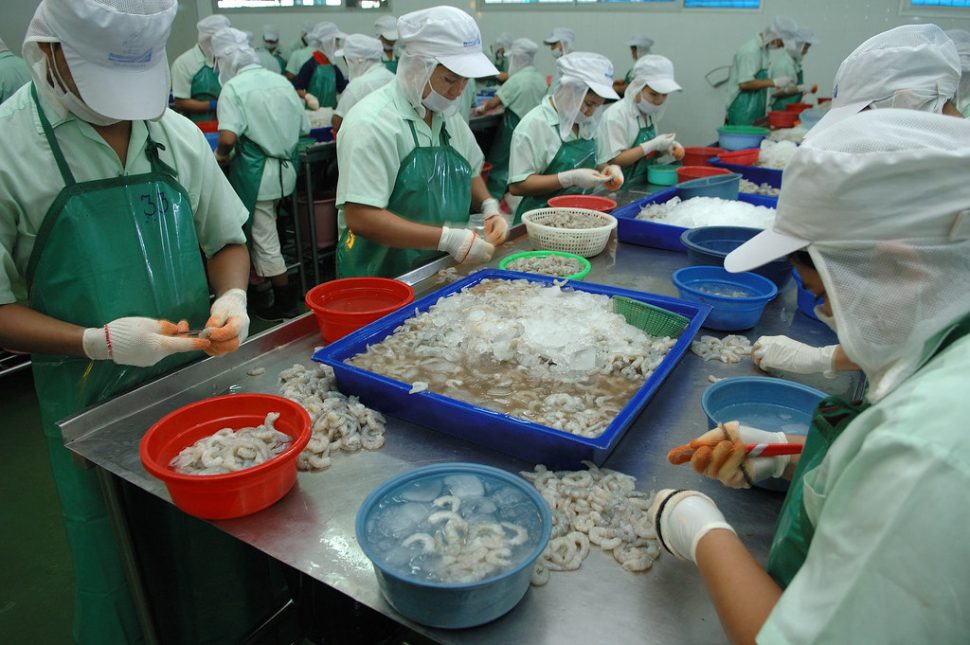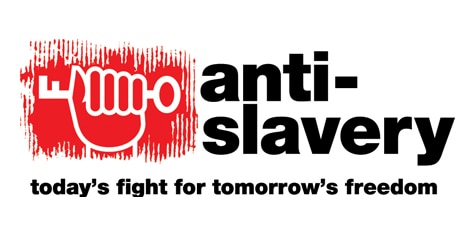Goal:
Call on four global retailers, Tesco, Walmart, Carrefour and Costco, to help eliminate modern slavery in the Thai fishing industry by signing up to Project Issara.
Summary:
Investigations into the shocking world of the Thai fishing industry revealed 20-hour shifts, regular beatings, and execution-style killings for the workers exploited to farm prawns and shrimp for the world market. Four big global retailers – Tesco, Walmart, Carrefour and Costco – were all named as customers of a seafood supplier in Thailand with proven links to slavery. Freedom United joined with Anti-Slavery International and Sum Of Us to urge Walmart, Carrefour and Costco to eliminate modern slavery in the fishing industry by signing up to Project Issara, a local project investigating and resolving cases of slavery in the industry, and enforcing zero tolerance policies on forced labor through regular inspections of their supply chains.
Outcome:
Our campaign was successful in encouraging Tesco and Walmart to sign up to Project Issara in line with our asks. Pressure is increasing on Costco and Carrefour to commit to take action to end modern slavery in the Thai fishing industry. We will continue to monitor this issue and look for further opportunities to make a difference.




-
Follow us on Facebook
5.6M
-
Follow us on Twitter
32K
-
Follow us on Instagram
8K
-
Subscribe to our Youtube
5.7K
Donate